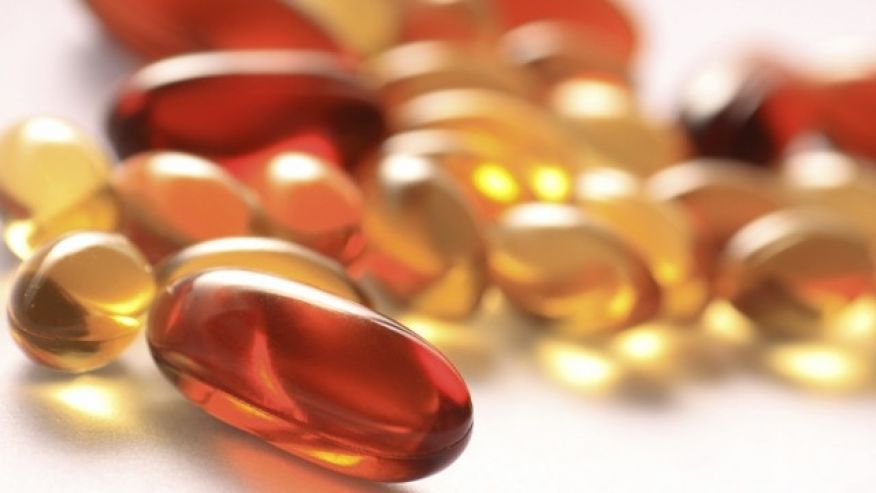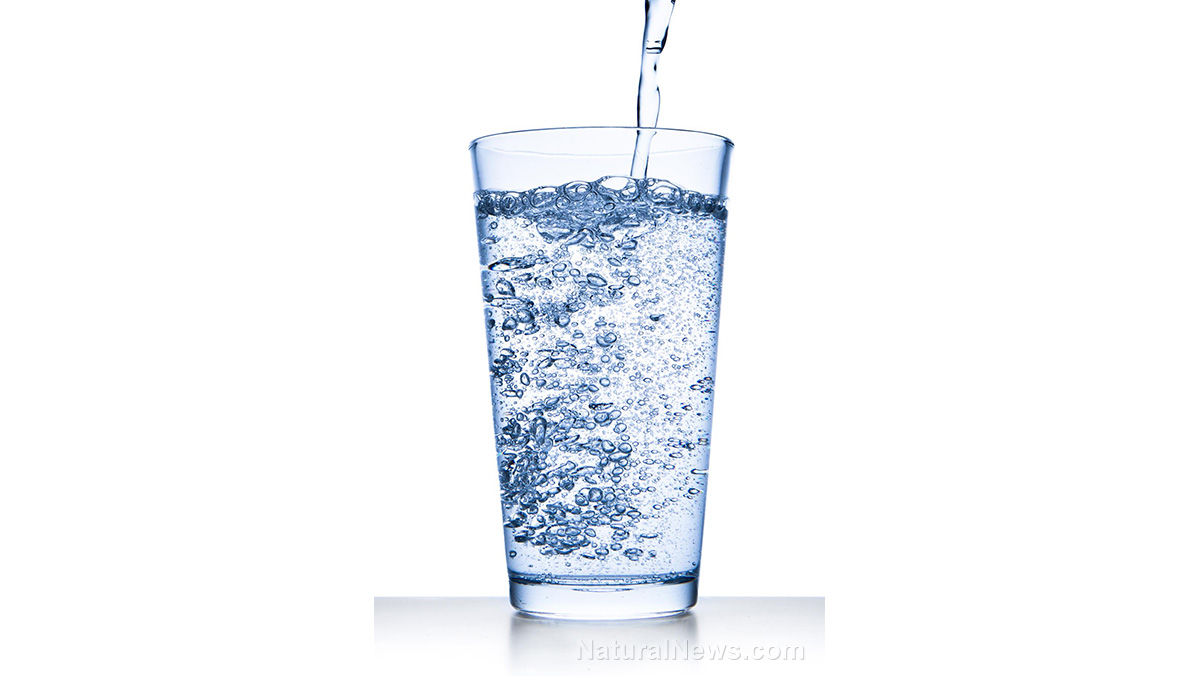Nutritional science: Lower your risks of heart attack and death from cancer by taking vitamin D and fish oil supplements
11/03/2020 / By Divina Ramirez

Taking fish oil lowers heart attack risk, while taking vitamin D supplements reduces the risk of death from cancer.
These are the results of the Vitamin D and Omega-3 Trial (VITAL), a study involving nearly 26,000 participants that took place over the course of 5.3 years. The researchers behind it investigated the effects of daily vitamin D and omega-3 fatty acid supplementation on the risk of cancer, heart disease and stroke in those with no history of the conditions.
“It does appear that these dietary supplements have benefits: for vitamin D, reducing cancer deaths; and for omega-3s, reducing heart attacks,” noted VITAL director JoAnn Manson, a professor at Harvard T.H. Chan School of Public Health and chief of the Preventive Medicine Division at Brigham and Women’s Hospital.
Manson and her colleagues presented their findings at the 2019 North American Menopause Society (NAMS) Annual Meeting in Chicago.
Vitamin D and fish oil impact cancer mortality, heart attack outcomes
Fish oil has long been considered beneficial in the prevention of cardiovascular disease (CVD), thanks in large part to its omega-3 fatty acid content. These unsaturated fatty acids improve blood triglyceride levels and prevent bad cholesterol from clogging the arteries. Vitamin D has also received attention for its role in preventing CVD and cancer.
To explore these associations further, Manson and her colleagues followed 25,871 men and women across the U.S. who had no history of cancer, CVD, stroke and heart attack. They divided these individuals into four groups.

One group took a daily dose of both vitamin D and omega-3-rich fish oil; another group took vitamin D and a placebo instead of fish oil. A third group took a fish oil supplement and a placebo instead of vitamin D, and the last one took placebos for both vitamin D and fish oil.
The results showed that vitamin D supplementation was associated with a 25 percent lower risk of death from cancer. However, vitamin D supplementation did not significantly affect the number of participants who were diagnosed with cancer during the trial. It also did not lower heart attack risk.
Meanwhile, fish oil supplementation had a protective effect against heart attacks. However, the effects of fish oil supplementation varied depending on the participant’s fish consumption. For instance, those who ate less than 1.5 servings of fish per week showed the greatest reduction in heart attack risk.
This suggests that those who have low fish consumption benefit the most from the cardioprotective effects of fish oil. “If you’re already getting two servings of fish per week, you’re not going to see any clear benefit from the dietary supplement,” explained Manson.
Meta-analyses support the benefits of fish oil and vitamin D
Manson and her colleagues confirmed these findings by conducting a meta-analysis of five trials that analyzed the effects of vitamin D supplementation on cancer deaths. The trials involved about 80,000 people in total. The results of those trials showed that vitamin D supplementation led to a significant reduction in cancer death. It looks like a promising association, said Manson.
She and her team also looked at a recent meta-analysis involving over 127,000 participants that analyzed the effects of fish oil supplementation on CVD outcomes. They found that fish oil supplementation led to small reductions in heart attacks and other major coronary events but did not reduce the risk of stroke.
Overall, their findings show that fish oil and vitamin D hold tremendous potential in improving CVD outcomes and reducing cancer deaths, respectively. But more research is needed, said Manson. (Related: Vitamin D deficiency increases risk of coronavirus infection.)
She advises increasing fish consumption to at least two servings per week for a healthier heart. Supplementing with moderate doses of vitamin D should also be fine.
However, it is also possible to overdose on supplements, which can lead to health complications. If in doubt about dosages, consult a healthcare professional.
Read more articles about the benefits of omega-3 fatty acids and vitamin D supplementation at Nutrients.news.
Sources include:
Submit a correction >>
Tagged Under:
#nutrition, alternative medicine, Fish Oil, food cures, food is medicine, heart health, longevity, natural cures, natural medicine, nutrients, omega-3 fatty acids, remedies, supplements, vitamin D
This article may contain statements that reflect the opinion of the author





















